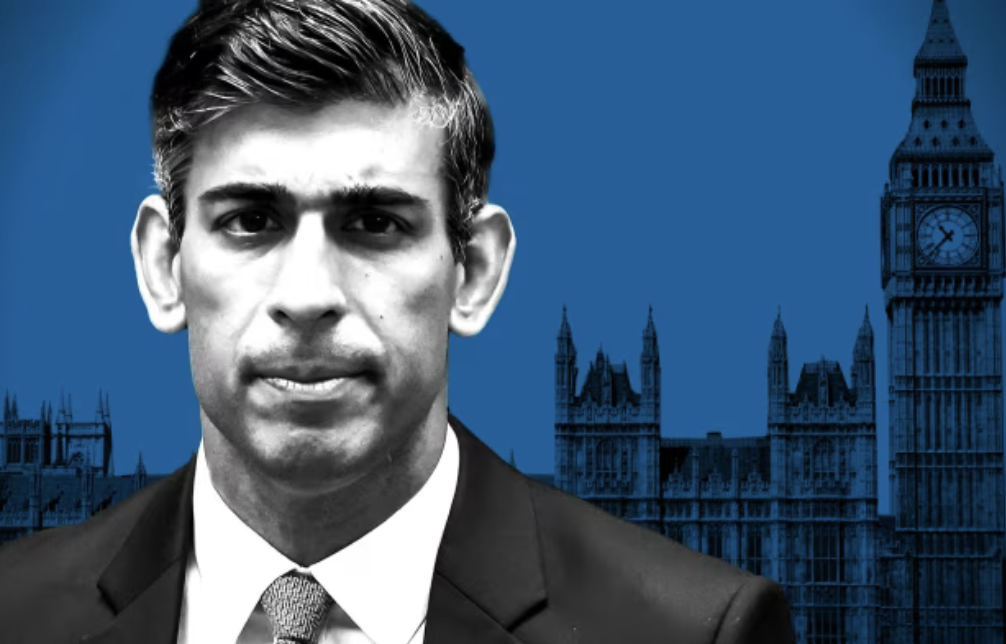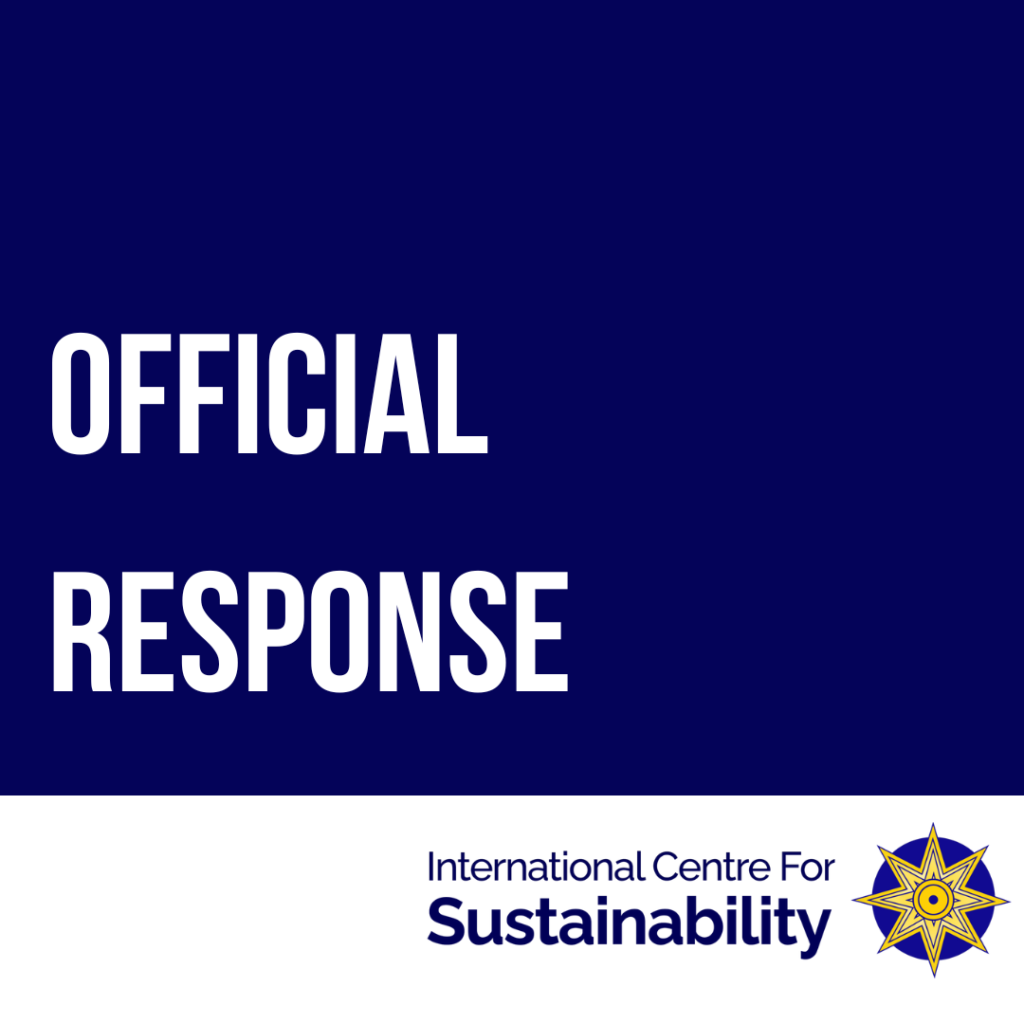From Risk to Reward: The Strategic Edge of Conscious Governance
Author: sachin nandha, trustee and director In boardrooms across the world, sustainability remains too often treated as a compliance obligation. Often it takes the form of a checklist to satisfy ESG disclosure requirements, reputational expectations, or LP due diligence. That framing, while once sufficient, is no longer fit for purpose. Environmental disruption, legal risk, and capital market realignment have moved sustainability from the periphery to the core of strategic governance. According to the World Economic Forum’s Global Risks Report 2024, four of the top five risks facing the global economy by both likelihood and impact are environmental in nature, including extreme weather, biodiversity loss, and natural resource scarcity. These are not hypothetical challenges. They are today’s boardroom concerns. For directors, especially those leading private equity-backed firms, the question is not whether to act, but how fast their governance models can adapt. Why This Matters: The Fiduciary Case for Sustainability This is not a philosophical debate. It is a fiduciary reckoning. Institutional capital is already moving. Morningstar reports that sustainable funds attracted nearly $30 billion in net inflows in Q3 2023, even as traditional equity and bond funds saw net outflows. CalPERS, the Norwegian Government Pension Fund Global, and Temasek have embedded ESG as core screening criteria, not as a matter of optics, but of resilience and returns. McKinsey’s 2020 research confirmed that companies with high ESG performance achieved valuation premiums of 10–20% in M&A transactions. Harvard Business School studies show that ESG-integrated firms significantly outperform peers in both profitability and equity returns over the long term. LPs are responding accordingly. BlackRock, the world’s largest asset manager, now asks companies to demonstrate how sustainability is integrated into long-term strategy, not just risk registers. This reshapes the capital formation landscape. General partners who lag on sustainability integration may not just lose reputational standing, but they may lose access to capital. The Rising Tide of Litigation and Regulation Risk perception is being redefined in real time. The traditional model: governance through quarterly financial oversight and legal compliance is being displaced by a new standard: governance through strategic foresight. Legal liability is expanding. As of 2023, over 2,500 climate-related legal actions have been filed globally. A landmark example is ClientEarth v. Shell plc (2023), in which the environmental law firm took direct legal action against Shell’s board of directors under the UK Companies Act for failing to manage climate risk as a fiduciary duty. While the case was dismissed, it has set a powerful precedent for future litigation. Meanwhile, regulators are raising the bar. The EU’s Corporate Sustainability Reporting Directive (CSRD) will now apply to over 50,000 companies, including non-EU entities with significant European operations. These firms must disclose governance structures, environmental impact, and forward-looking sustainability metrics under the European Sustainability Reporting Standards (ESRS) by 2025. In the U.S., the SEC’s proposed climate-related disclosure rules, although contested, signal growing convergence between ESG and financial materiality. Boards, and particularly their chairs, can no longer afford to treat sustainability as an “externality” managed by consultants. They must take direct ownership of ESG oversight and future-proofing. Private Equity: Positioned to Lead, or to Lag If this is a governance reset, private equity has a competitive advantage—if it chooses to use it. Unlike listed companies constrained by diffuse shareholding, PE-backed businesses are governed by tightly aligned boards with short chains of command and long-term planning horizons. This structural clarity should, in theory, make them ideal platforms for ESG integration. Consider KKR’s Green Portfolio Program, which embedded environmental efficiency practices into 27 portfolio companies, yielding more than $1.2 billion in cost savings while delivering measurable improvements in resource usage. The takeaway is clear: sustainability can drive operational alpha. But beyond operational gains lies reputational capital. Firms with demonstrable ESG performance are increasingly winning the most attractive bids, gaining regulatory goodwill, and attracting premium buyers at exit. In a world where margin compression and geopolitical uncertainty loom large, sustainability offers something rare: strategic upside with defensive value. What Conscious Boards Actually Do Moving from compliance to consciousness does not mean adopting a moral posture. It means developing a deeper, more systemic awareness of the forces shaping risk, value, and legitimacy. Conscious boards embed this thinking into their processes. Five actions distinguish them: Redefining Materiality They expand beyond traditional financial risk to include upstream ecological stress, labour conditions, and emerging regulatory frameworks, well before they become liabilities. Diversifying Expertise They bring domain-specific knowledge into the boardroom, whether in environmental systems, supply chain resilience, or digital ethics and avoid groupthink driven by finance-only profiles. Integrating Long-Term Strategy They view climate and social instability as long-horizon risks that affect valuation at exit and beyond, and they design incentive structures to match that horizon. Rewiring Executive Accountability They tie CEO and C-suite compensation to ESG performance metrics, not just adjusted EBITDA, making sustainability a matter of leadership credibility. Engaging Broader Stakeholders They recognise that employees, communities, and regulators are not “external actors” but influence licence to operate, reputational stability, and future deal access. The PE chair’s playbook: Rethinking governance at the top For a PE chairman, the challenge is now one of vision and discipline. The firm’s value creation plan must be matched by a governance plan that reflects the new realities of risk and reputation. This does not mean abandoning the principles of high-performance capitalism. It means upgrading them. Firms must be proactive in asking: Do our portfolio boards have ESG-literate directors? Are we monitoring litigation and regulatory exposure beyond national borders? Are ESG concerns embedded in our value creation plans, or tacked on in the final year before exit? Can we credibly defend our strategy if challenged by an LP, regulator, or any stakeholder? The Opportunity Ahead The boards that embrace this shift will enjoy three key advantages: access to capital from forward-looking LPs, higher exit valuations through operational and reputational premiums, and a lower long-term risk profile in an increasingly volatile operating environment. At the International Centre for Sustainability, we believe that this decade will define the next generation of boardroom leadership. Governance is no
From Risk to Reward: The Strategic Edge of Conscious Governance Read More »





